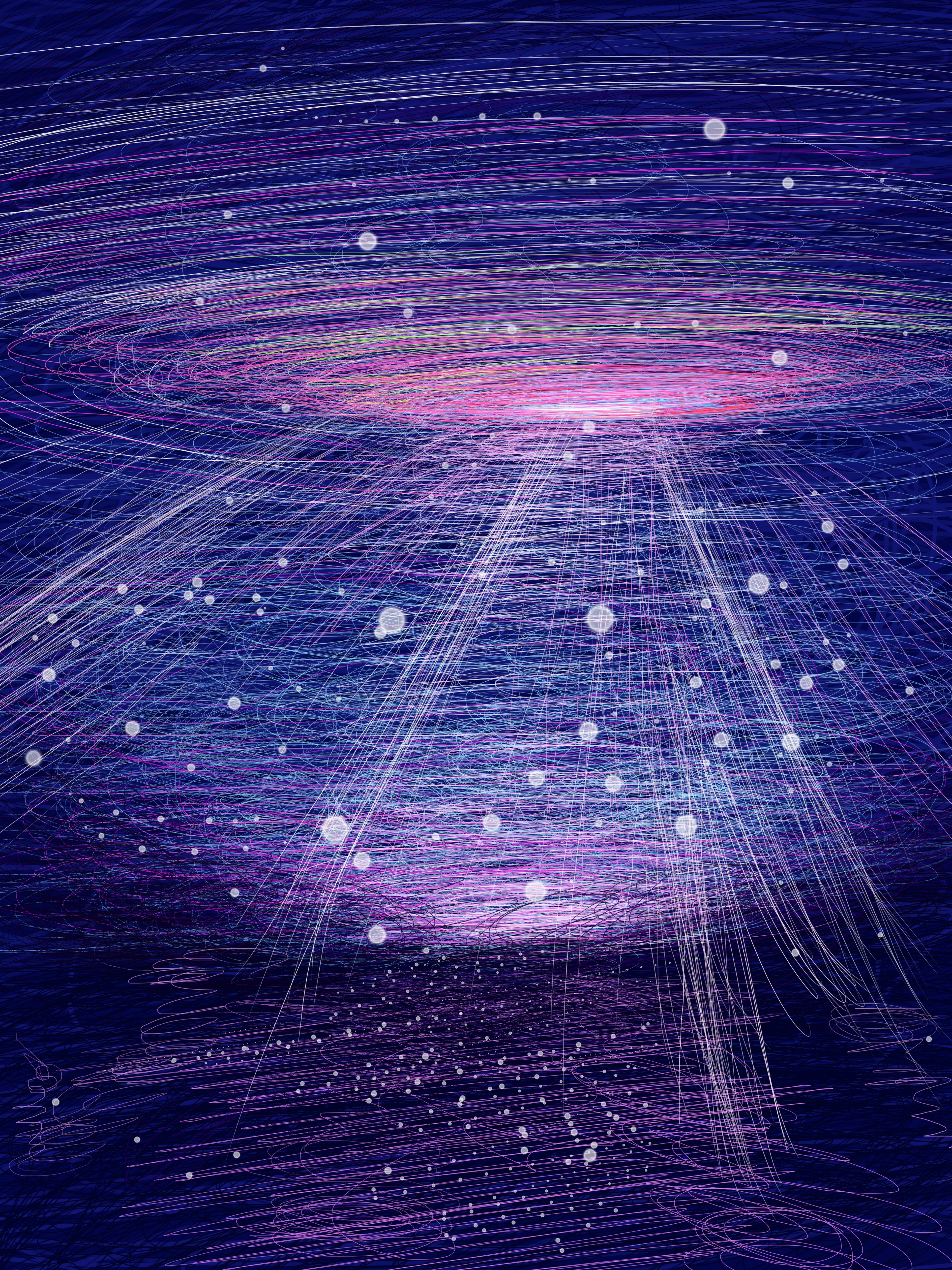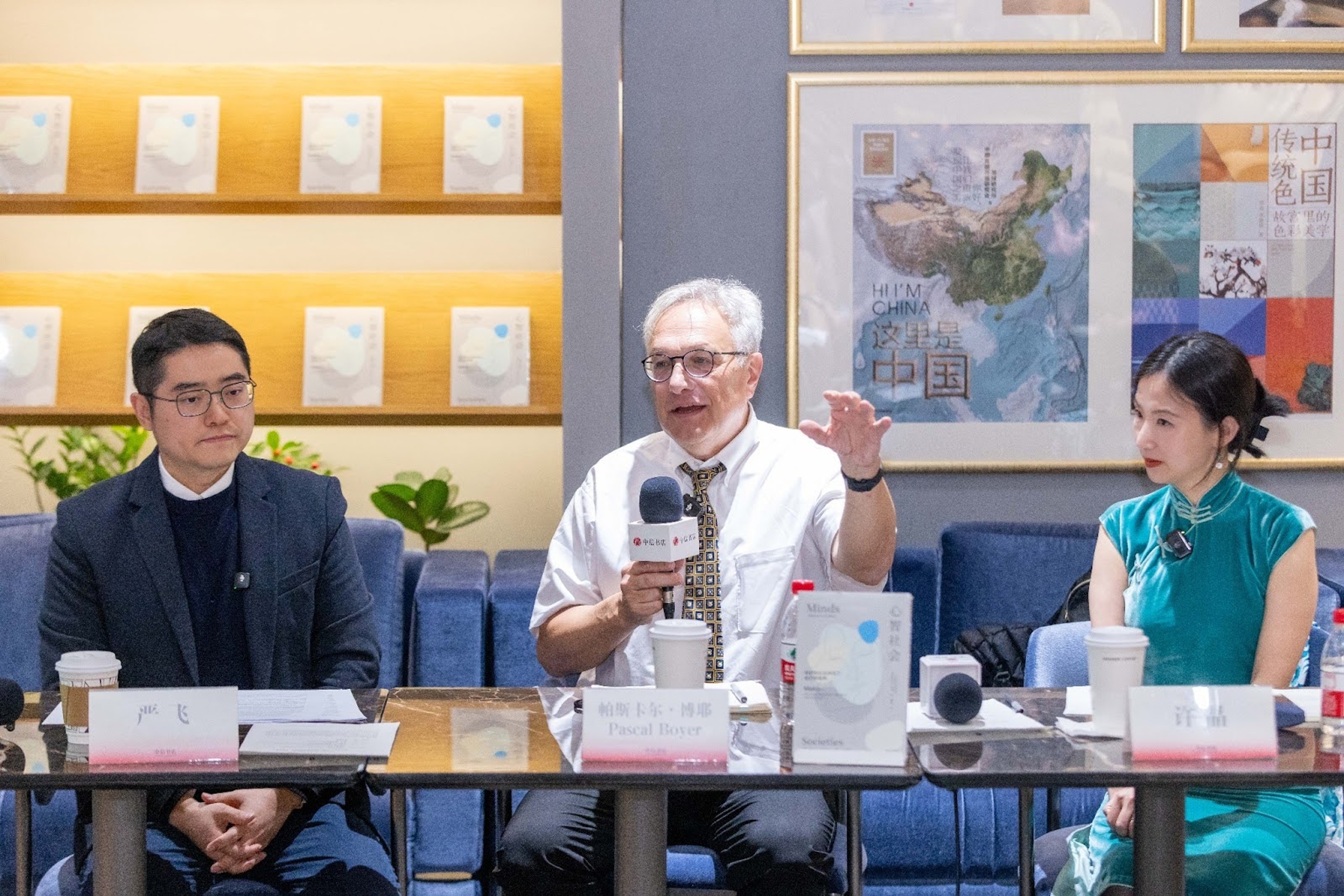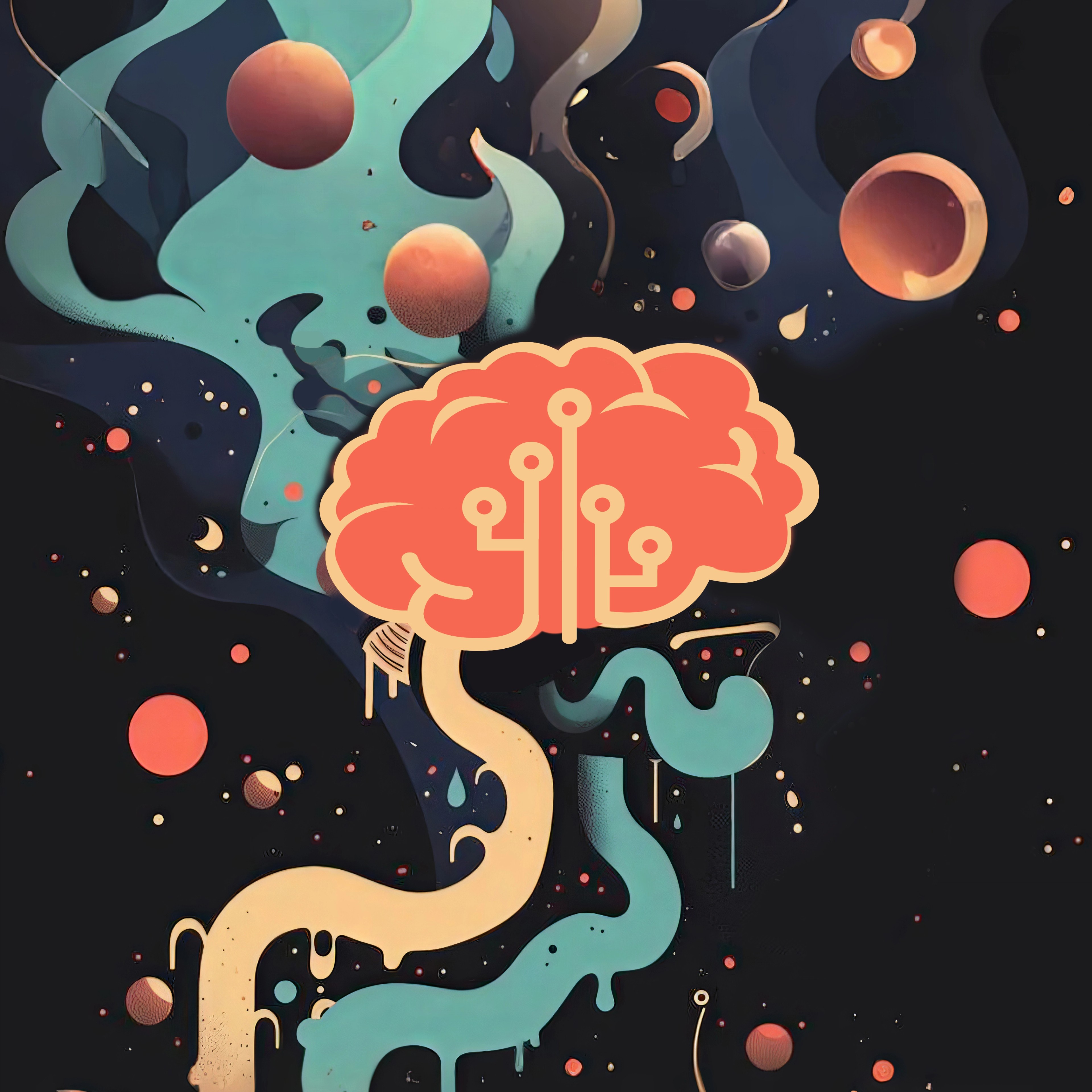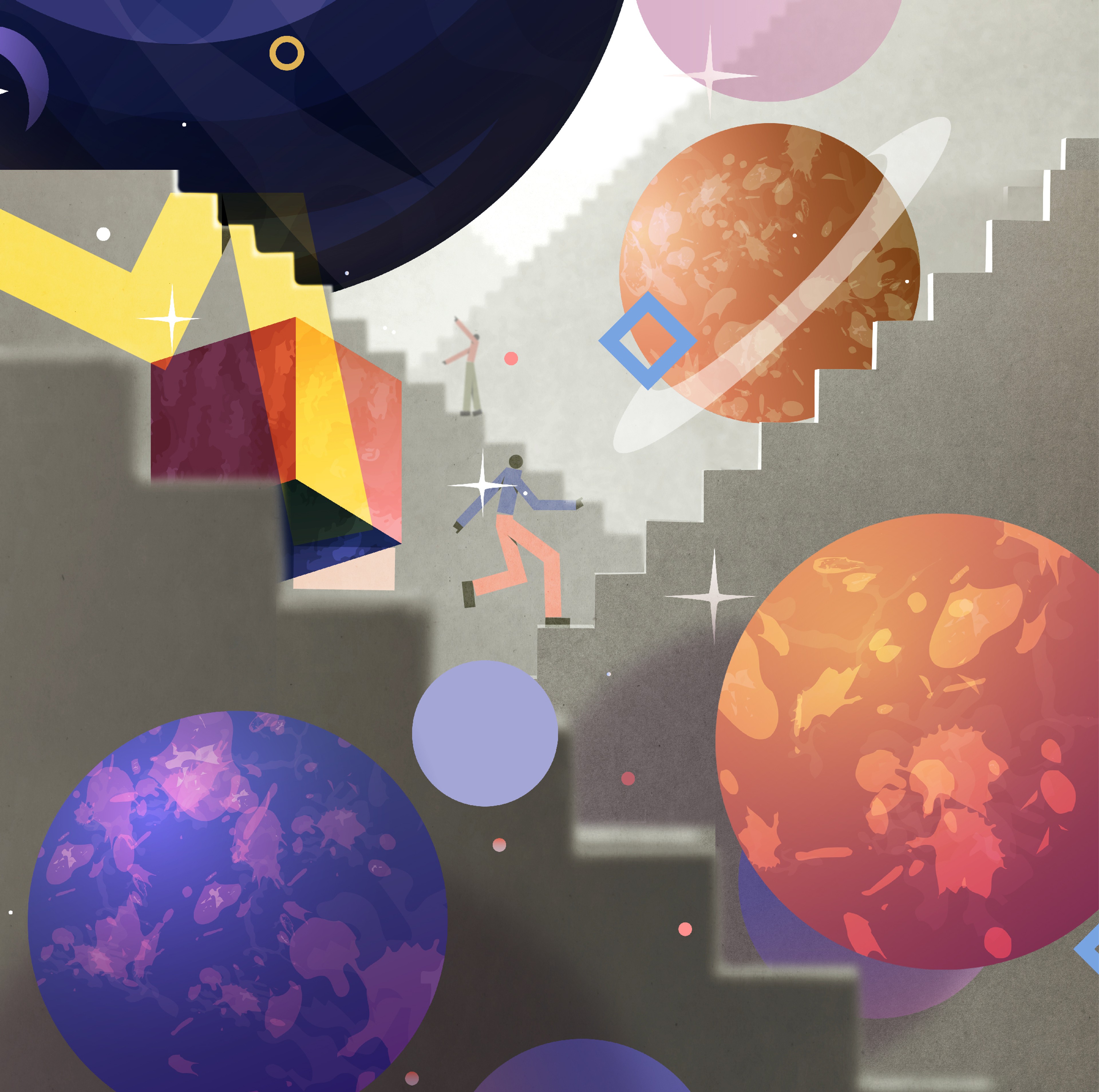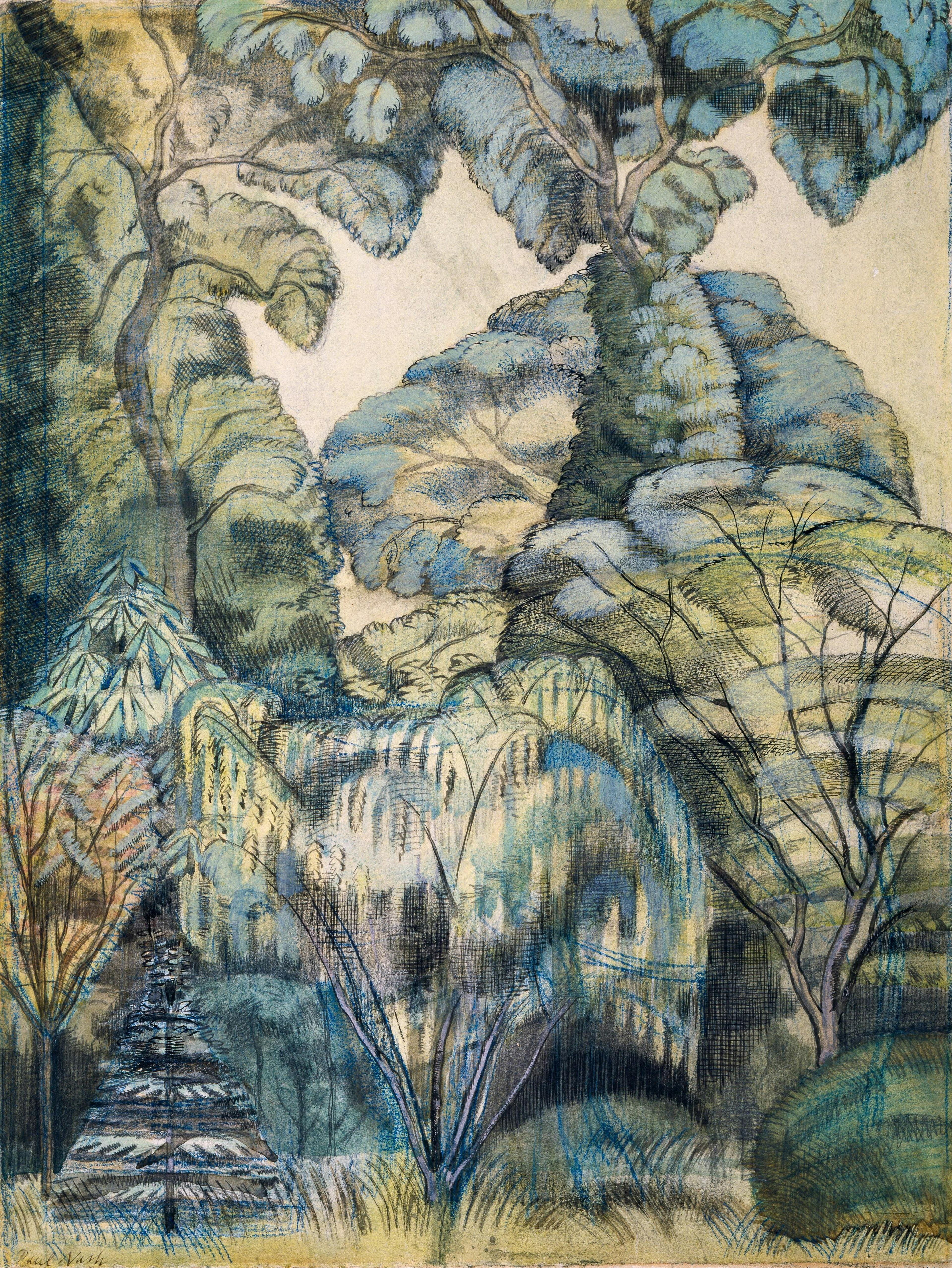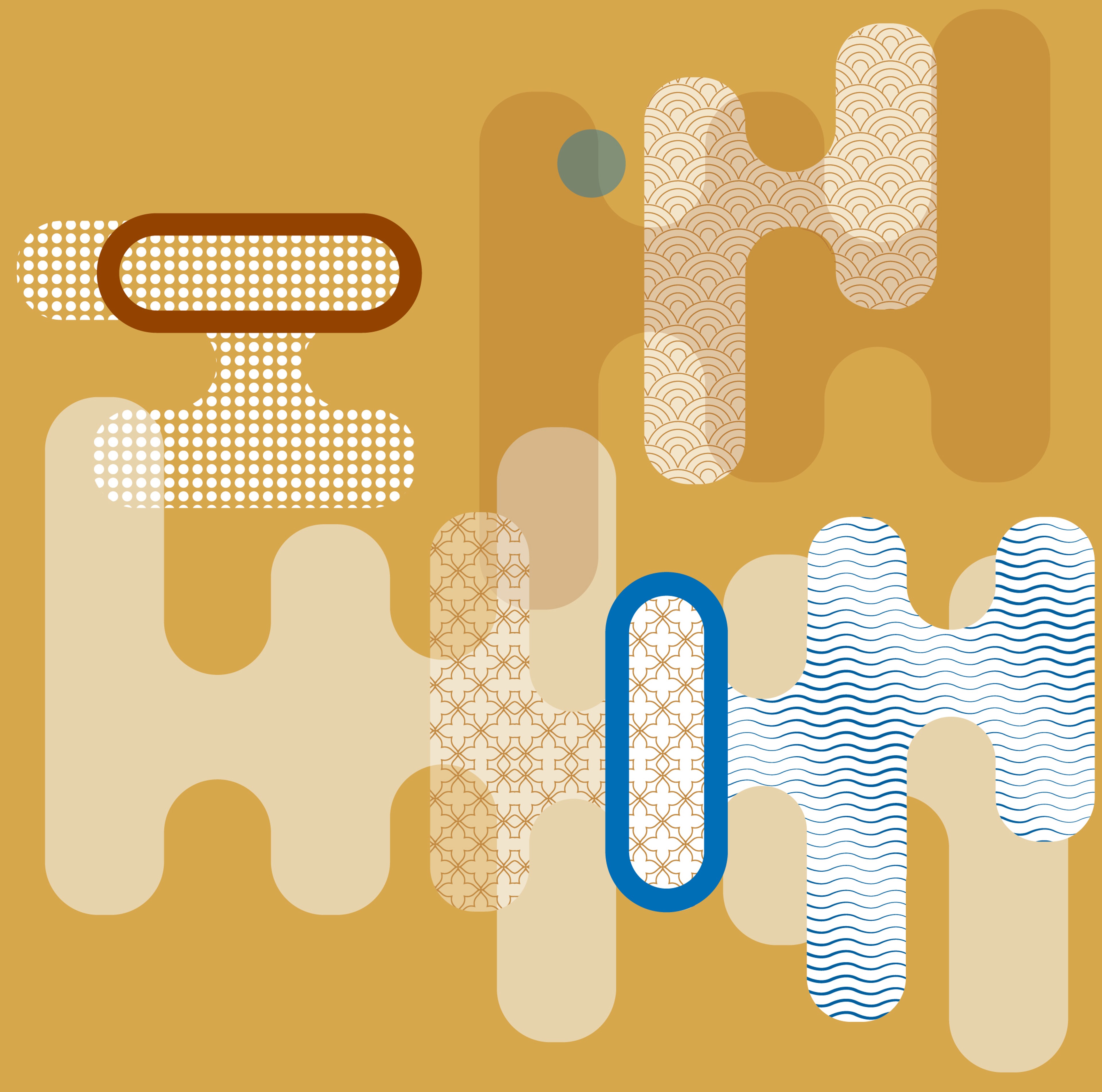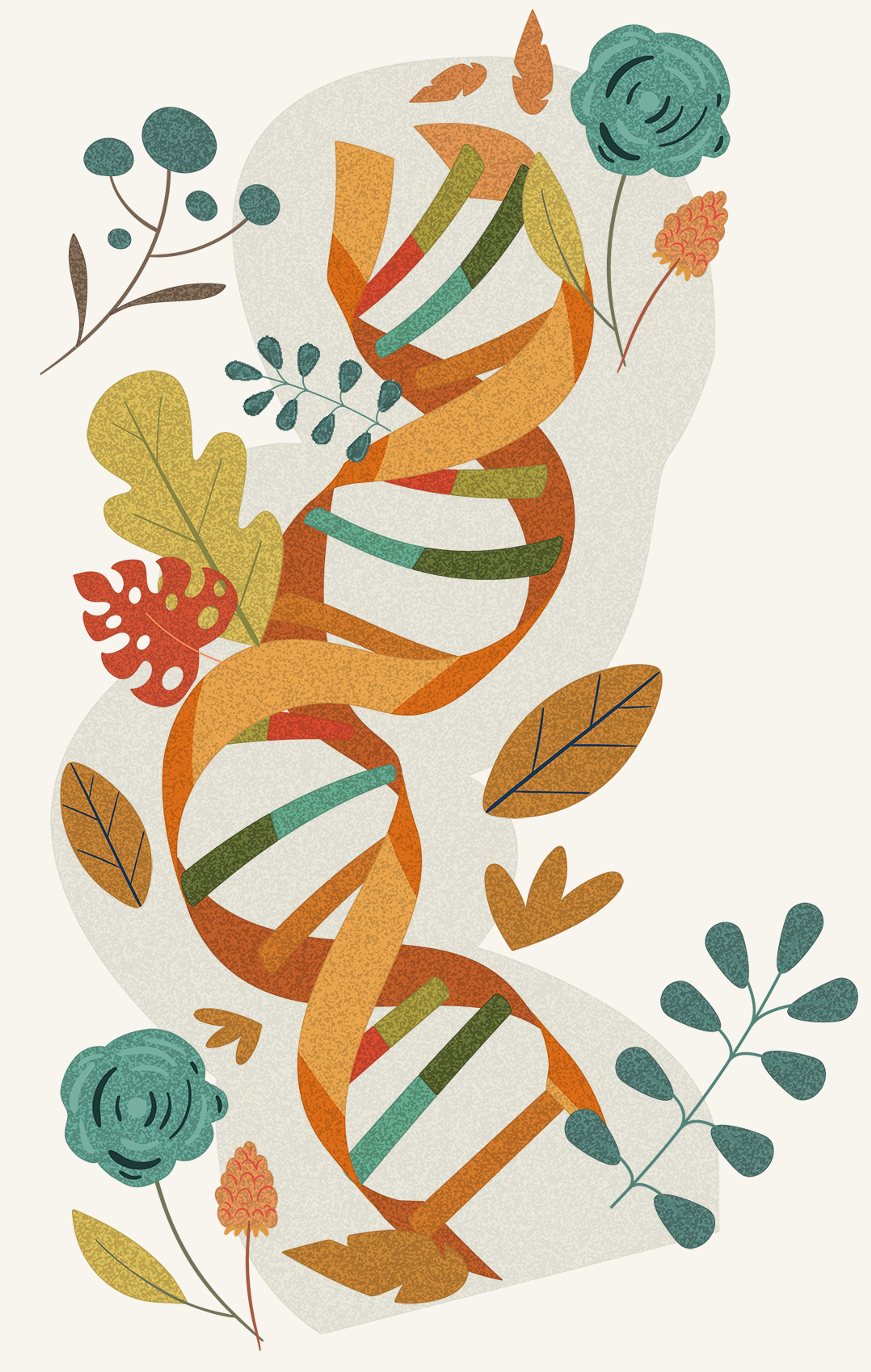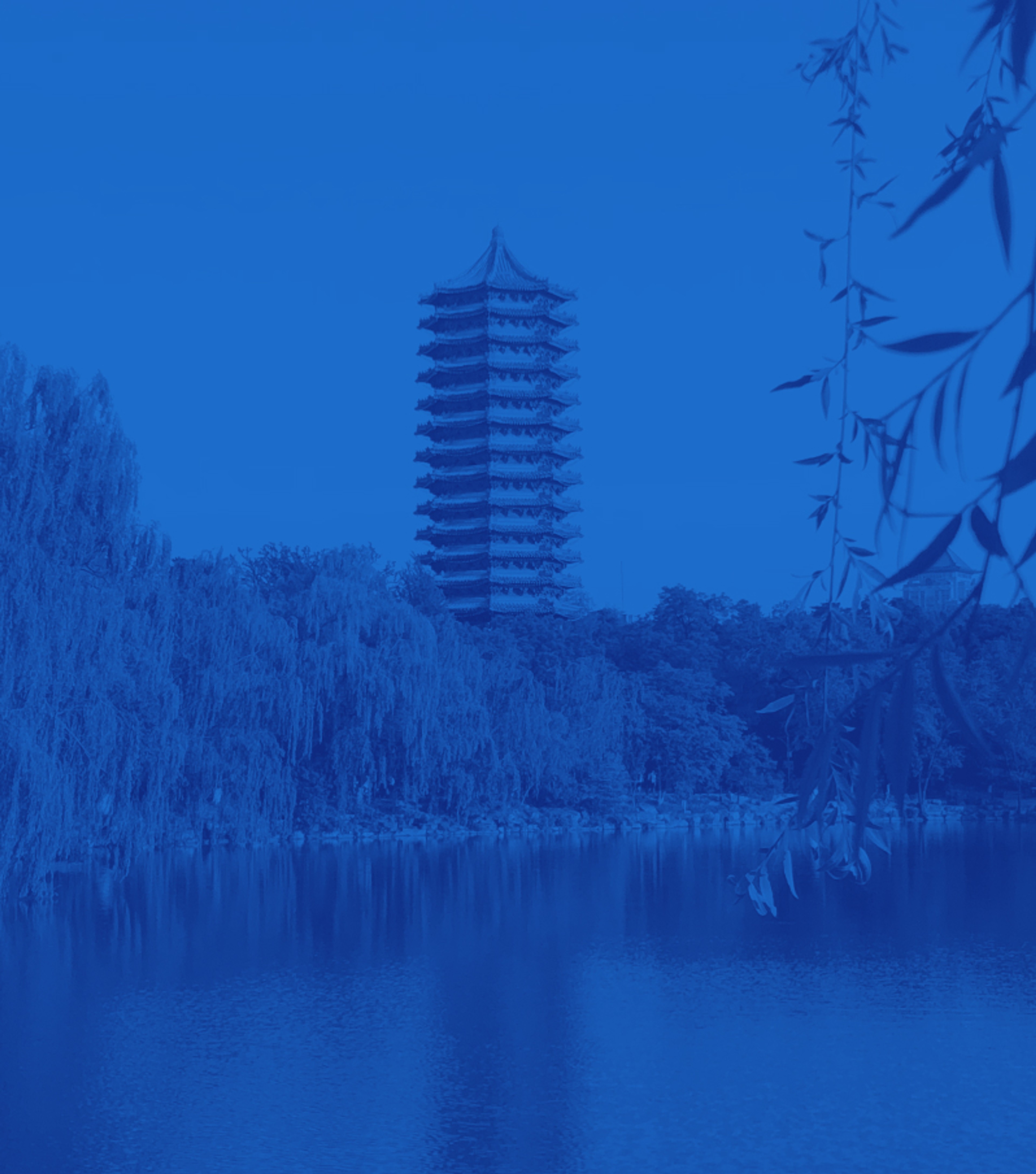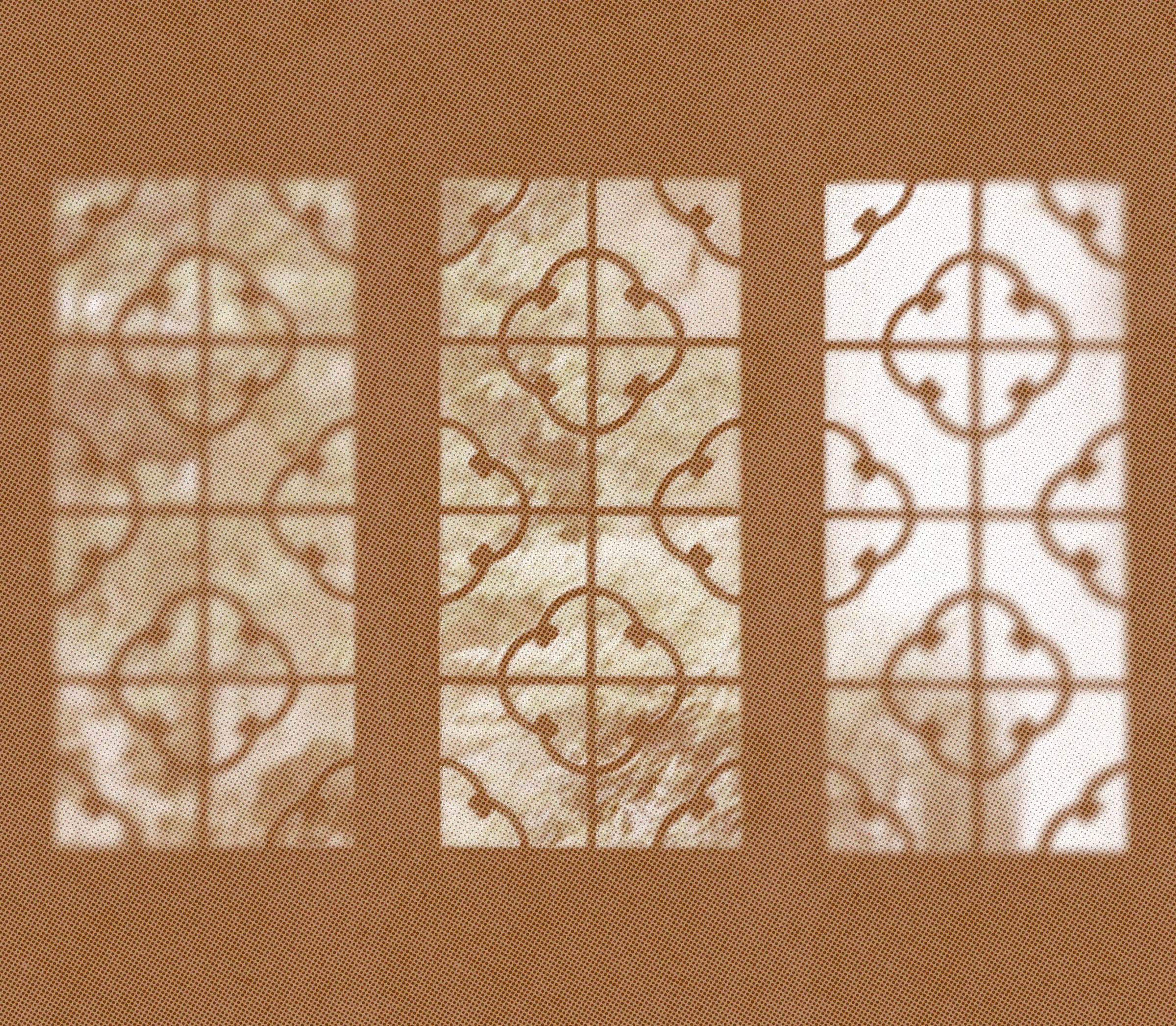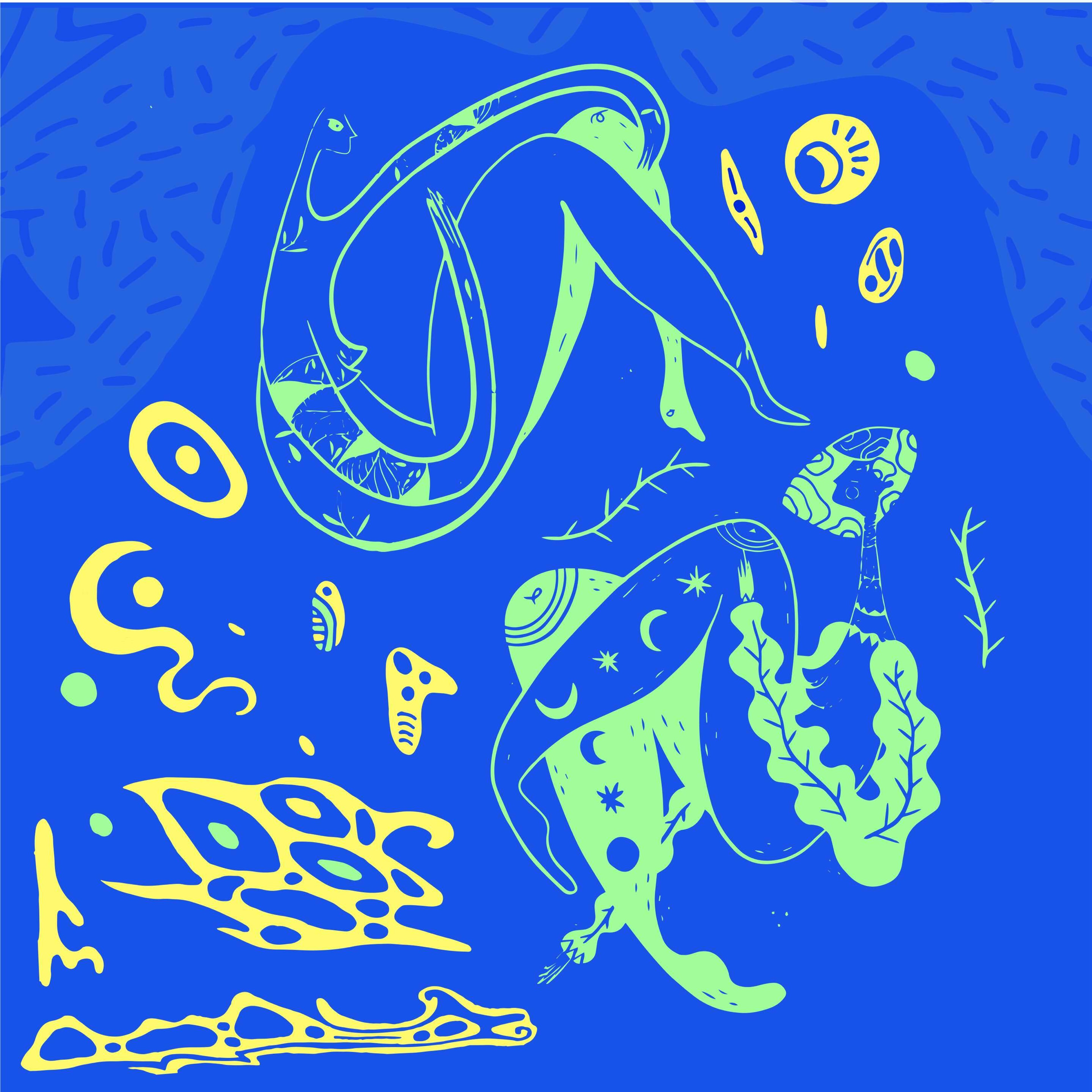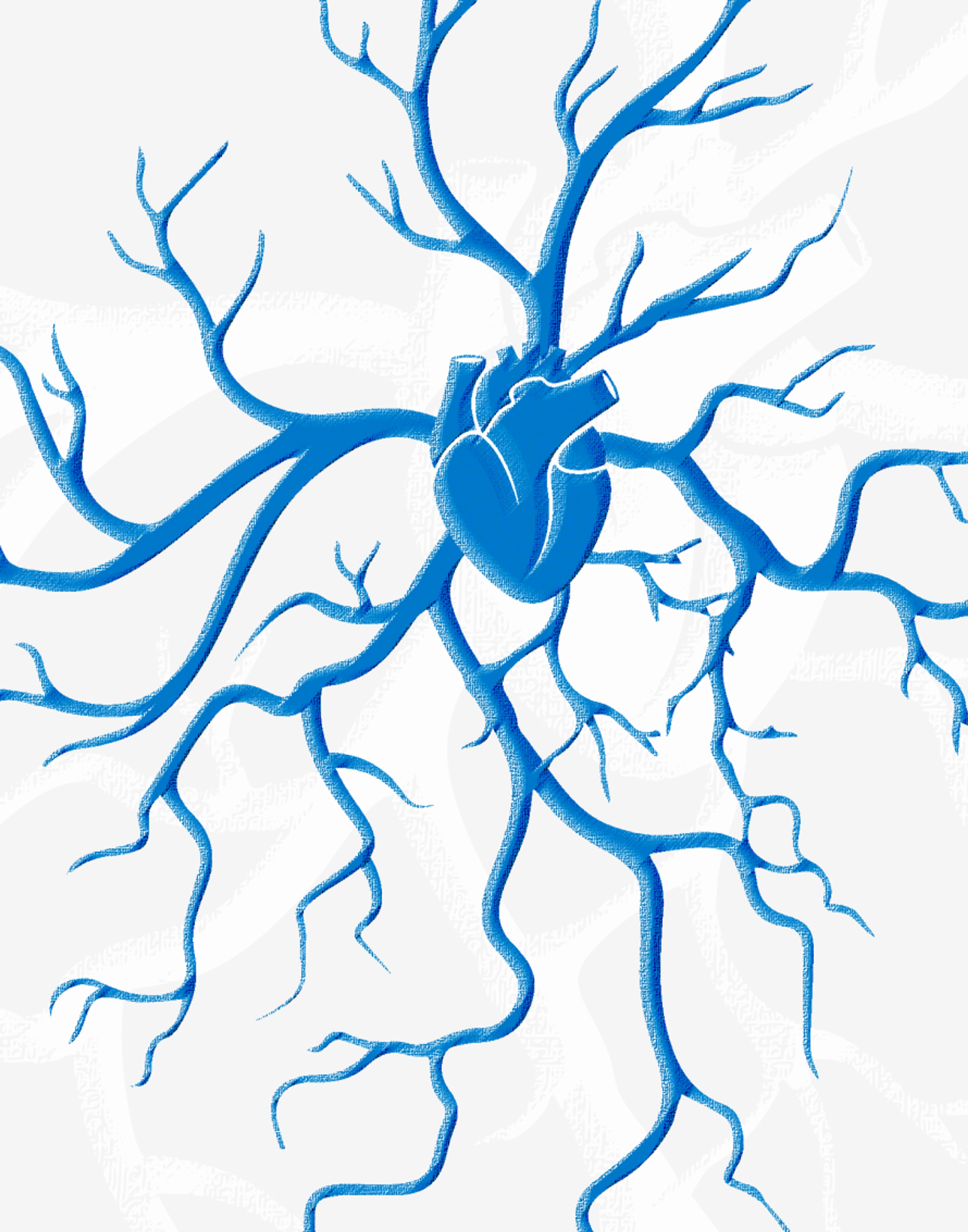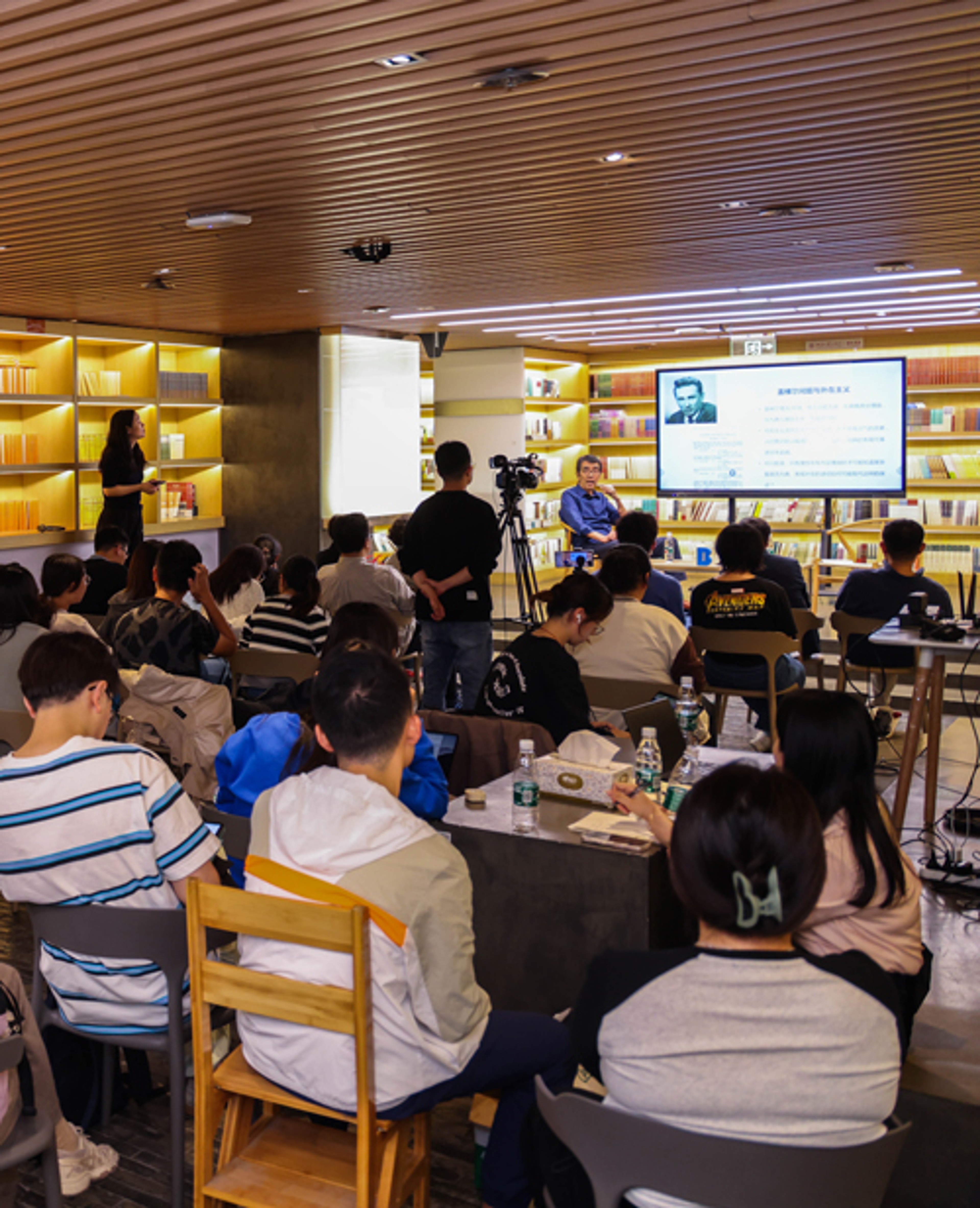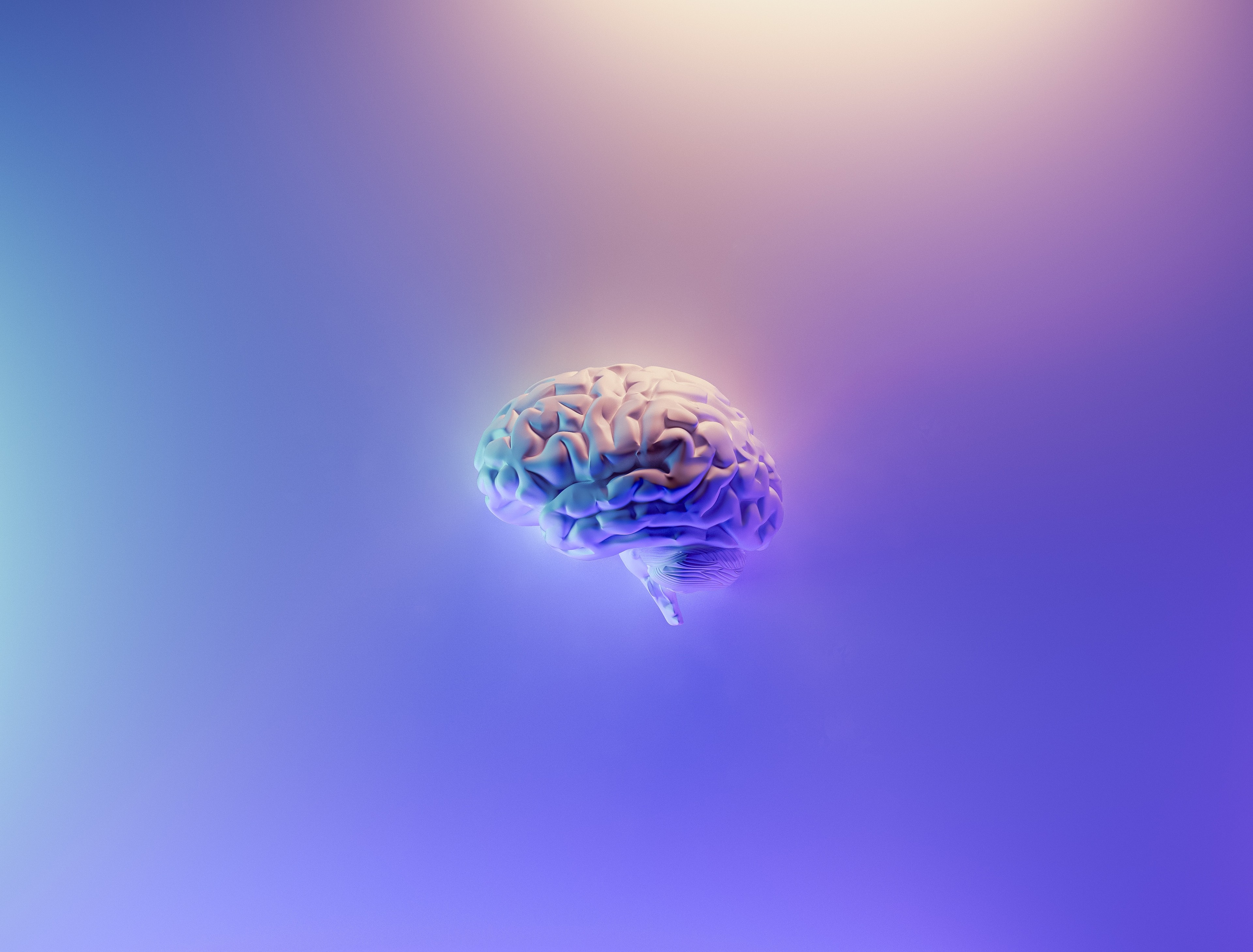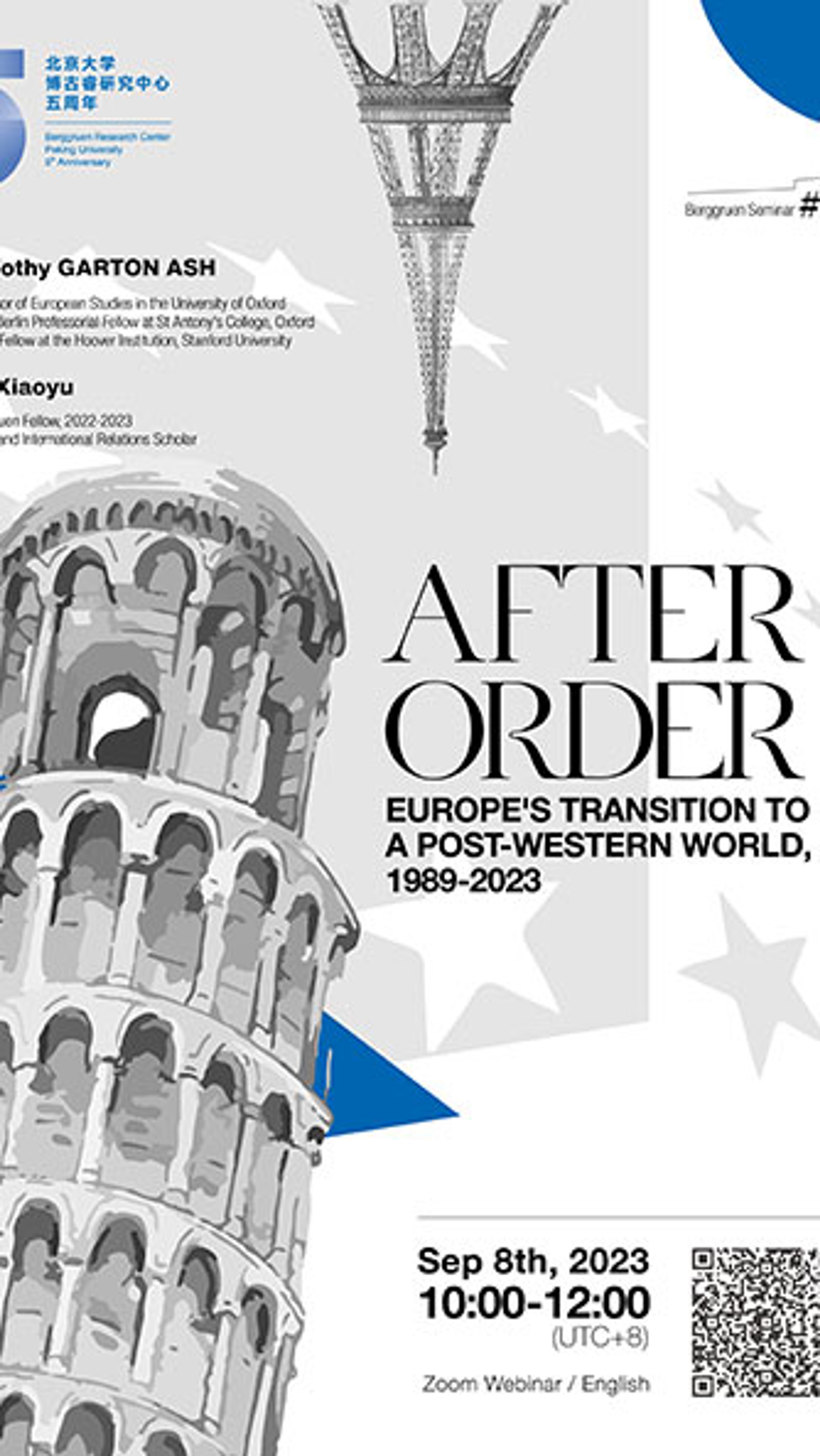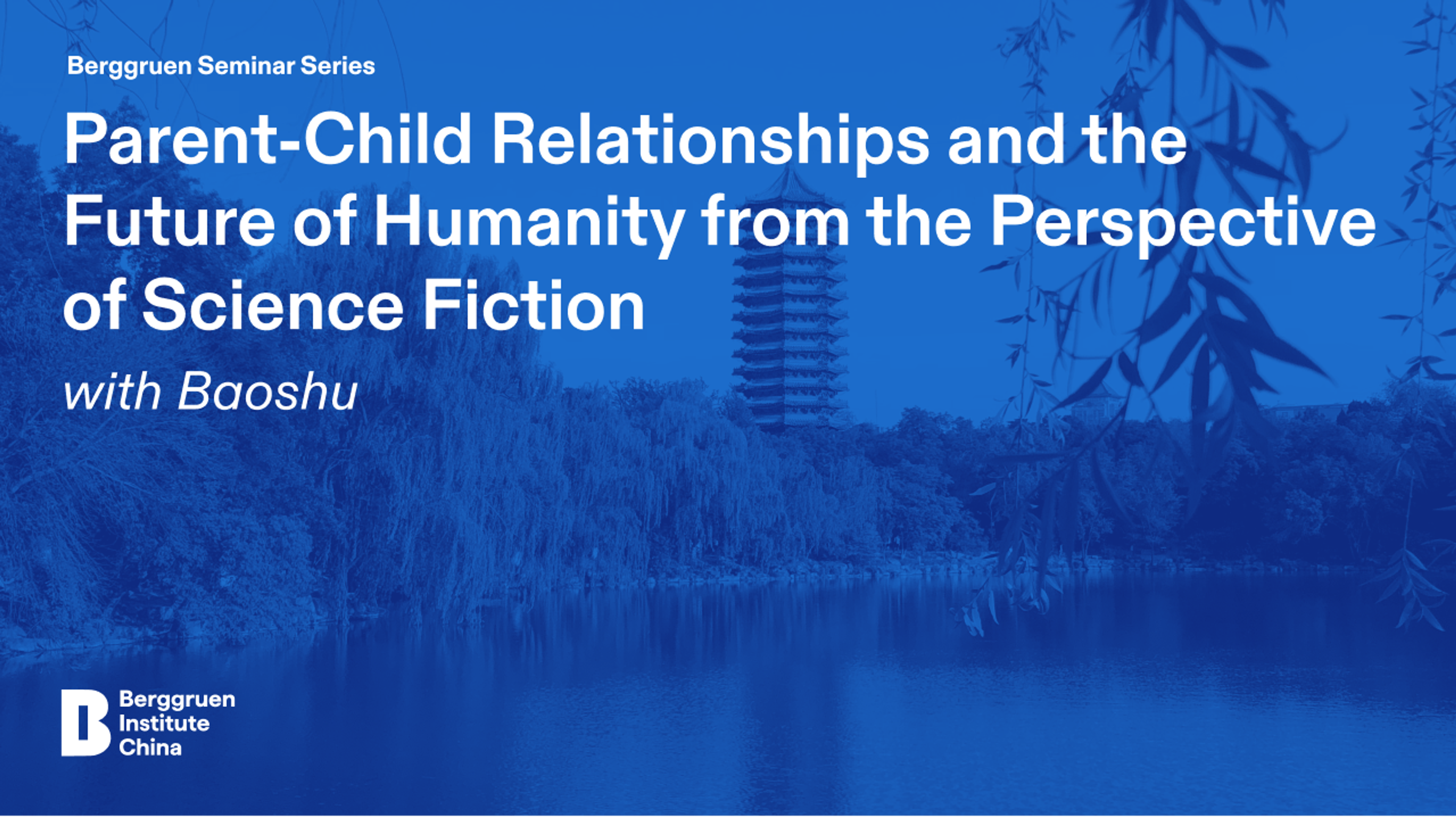Parent-Child Relationships and the Future of Humanity from the Perspective of Science Fiction
- Date: February 23, 2023
- Location: PKU Bookstore, Beijing
The parent-child/family relationship is one of the most important cornerstones of the human experience. However, it has undergone drastic changes in today’s era of technological revolution and social transformation. Its future is uncertain, and its impact on human society is far-reaching yet incalculable. Our speaker will first review the role that parent-child relationships have played in human evolution, then explore how parent-child relationships might unfold in the future through the imagination of science fiction, with the hope of inspiring new ideas in this dynamic issue.
Topics:
• What is the significance of parent-child relationships in human evolution and what crises do they face?
• How are the possibilities of future parent-child relationships imagined and explored in science fiction?
• What can we derive from future parent-child relationships depicted in science fiction?
Agenda
18:30-18:35: Opening Remarks
18:35-19:20: Presentation by Baoshu
19:20-20:00: Q&A
Presenter
Baoshu
Science Fiction / Fantasy Writer; 2022-2023 Berggruen Fellow
Baoshu is a member of the Science Fiction Committee of China Writers Association, a member of the Science Fiction Subcommittee of the Science Popularization Writers Association, and an executive director of the World Chinese Science Fiction Association. Baoshu holds a bachelor’s degree from Peking University and a Master’s degree from Katholieke Universiteit Leuven. He is the author of five novels, including The Redemption of Time, Ruins of Time, and The Seven Kingdoms of the Galaxy. He has published short and medium-length works exceeding one million words, scattered in journals such as People’s Literature, Flower City, Science Fiction World, and Knowledge is Power, and has published six collections of short stories. He has won the Chinese Nebula Awards and Galaxy Awards multiple times. Many of his works are available in English, Japanese, Italian, German, Russian and other languages. He has edited Chinese sci-fi anthologies Chinese History in Science Fiction andGlory and Dreams: A Collection of Chinese Sports Science Fiction, and has translated What Does it All Mean, The Cold Equations, Star Maker, etc. As a 2022-2023 Berggruen Fellow, Baoshu aims to explore the changes in private life in the near future based on Chinese and foreign sci-fi cultural resources.
Moderator
Fei Dao
Science Fiction Writer; Associate Professor, Department of Chinese Language and Literature, Tsinghua University
Fei Dao is a science fiction writer and an assistant professor at the Department of Chinese Language and Literature at Tsinghua University. He holds a Ph.D in literature, and is the author of short story collections including Chinese Science Fiction Blockbuster and The Longest Way to Death. He has published an academic monograph “Modern” and “Unknown” – Research on Science Fiction in the Late Qing Dynasty.
Summary
On the evening of February 28, 2023, Berggruen Research Center at Peking University held a lecture titled "Parent-child Relationships and the Future of Humanity from a Science Fiction Perspective" at the Peking University Bookstore. Renowned science fiction writer Baoshu was
invited to speak on the topic of "Science Fiction, Parenting, and the Future." The lecture was hosted by Associate Professor Lei Siwen from the Department of Foreign Philosophy at Renmin University of China and was live-streamed and interacted with online through Bilibili and WeChat
video platforms.
Parent-child Relationships and Human Society
Baoshu discussed the process of human evolution and the gradually formed parent-child relationships from the perspectives of history and science fiction literature. He first proposed that parent-child relationships are a crucial element of human evolution. He explained the advantages
and disadvantages of human bipedalism in the complex process of evolution, the challenges of female reproduction, and the development of newborn brain. Through this, he explained the gradual formation and rationality of parent-child relationships. Baoshu then used the historical
evidence of ancient humans taking care of the elderly through the "healed thigh bone" to illustrate the process of caregiver roles and the positive feedback loop.
After the development of complex social networks in human society, intellectual enhancement and knowledge accumulation led to the formation of parent-child relationships where parents take care of their children, along with the development of time and generational consciousness. Parent-child relationships, in a sense, are the source of the future. Parent-child relationships have become the cornerstone of human social networks, playing a crucial role in the formation of social structure, individual personality, and psychological development.
Modern Transformation and Crisis of Parent-child Relationships
From ancient times to the present, parent-child relationships have undergone transformation and face new crises in modern society. Controversial issues such as family disintegration, declining birth rates, non-marital births, surrogacy and gene editing, generation gaps, and eldercare problems have emerged in modern parent-child relationships. Baoshu pointed out that many problems have emerged in both the past and present, and we should not romanticize the past.
These issues will also project into science fiction works as a reflection of our imagination for the future, rather than being merely metaphorical.
Future Parent-child Relationships in Science Fiction
Parent-child relationships begin with reproduction, and in fact, reproduction is undergoing changes, such as rapid developments in reproductive technologies, pregnancy techniques, and gene editing. For example, in the science fiction work "The Girl Who Bore the Child for Others" by Wan Huan Kui (1985), the author depicted surrogacy in a science fiction manner, but today surrogacy has become a reality. In "Chimera" by Gu Shi (2015), a scientist implants his son's genes into a pig to cultivate a human kidney, resulting in a non-pig, non-human life form with human emotions and an attachment to the scientist as a "mother." This work discusses the abnormal parent-child relationships that can arise from chimeras.
The process of reproduction was originally natural, but through high technology, it can gradually become a "manufacturing" process. Stepping outside of science fiction novels to reflect, is this "unnatural" truly undesirable? In essence, human evolution is also a rather unnatural process, and parent-child relationships have continuously formed throughout the evolutionary process. Baoshu explores the myths of nature and "created parent-child relationships,"; such as surrogacy, cloning, and other non-traditional "pseudo-parent-child relationships," along with their potential for survival and societal issues.
Furthermore, Baoshu discusses intergenerational conflicts within parent-child relationships through a series of science fiction works. For example, in "The Life" by Liu Cixin (2010), amother transmits her memories to the fetus in her womb, but the child ultimately develops fear of the world and commits suicide using the umbilical cord. In "Black Mirror: Arkangel" (2016), a mother uses a chip to monitor her daughter, but the daughter eventually rebels against the control of her parents, leading to a violent outcome where the mother is essentially beaten to death.
Baoshu raises the question: Why doesn't a baby who possesses the memories of the mother accept the mother's worldview? He believes it is due to the lack of certain life experiences, as "true knowledge comes from experience." Why does our control over our children ultimately fail? He further explains that if we completely control a daughter's brain using a chip, turning her into a parrot, this endeavor would never fail. However, this mother desires her daughter to become an individual with an independent personality and independent thinking, which contradicts the goal of control, thus destined to collapse. Therefore, the love between parent and child lies in the self and the other, and the power of these genes ultimately points to the "other."
Regarding death, immortality, and parent-child relationships, Baoshu proposes that parent-child relationships are lifelong, with eternal and binding connections between them. However, with the development of concepts such as digital personalities, androids, and consciousness uploading, ethical issues arise. Assuming that a deceased loved one truly resurrects after consciousness uploading, what kind of emotions would it generate in humans? Thus, he introduces the concepts of "souvenirs" and "substitutes." Souvenirs are merely archives similar to photos and videos, without a true soul, while substitutes possess genuine personalities.
Due to the potential for technological advancements to alienate parent-child relationships, Baoshu suggests the concept of "swallowing the future's past" and the irreplaceability of parent-child relationships. If identical synthetic parents and offspring were created, it may seem like a form of betrayal to the real parents. He also mentions longevity technology and intergenerational relationships, highlighting the possible conflicts in resources and changing trends.
Human and Non-human and Final Thoughts
Lastly, Baoshu explores the possibility of human-AI relationships becoming parent-child relationships. In Xiao Jianheng's "Professor Salome's Mistake" the child is raised by a robotic nanny, but in the end, the child still loves their biological parents more, suggesting that human emotions cannot be replaced by machines. However, this conclusion may not necessarily be correct now. With the advancement of technology and science fiction literature, the emotional dynamics between humans and androids could become very complex.
Baoshu concludes by emphasizing that in examining parent-child relationships from a science fiction perspective, it is worthwhile to deeply explore the significance of parent-child relationships for humanity, the positive and negative implications of technology, the variations in temporality, and the structure towards the other.
Moderator Lei Siwen summarized Baoshu's speech, acknowledging the richness of the content shared and the insights provided for the future of parent-child and family relationships. Regarding the relationship between nature and human intervention, Lei raises the question of whether the emergence and development of things are due to their inherent nature or through technological means. Does humanity truly have an unchanging essence? These questions are left for the futurefor us to contemplate.
